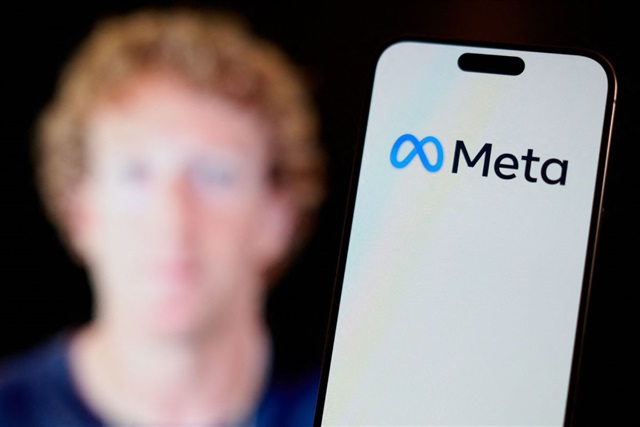More than two months after Meta Platforms Inc. announced the launch of its so-called Superintelligence laboratory, the company has experienced notable departures among its artificial intelligence experts. At least eight AI researchers, engineers, and senior p…
Why it matters
- The departure of AI talent from Meta highlights potential challenges in the company's ambitious goals within the AI sector.
- Such exits may impact Meta's ability to compete effectively against other tech giants like OpenAI and Google.
- The ongoing trend of talent migration raises questions about the stability of Meta's Superintelligence laboratory and its future development.
Meta Platforms Inc. has recently found itself in a challenging position, just over two months after the unveiling of its Superintelligence laboratory, which aims to push the boundaries of artificial intelligence. The company's aspirations to lead in the AI field are being met with significant hurdles, as evidenced by the departure of numerous key personnel. Reports indicate that at least eight prominent AI experts, including researchers and engineers, have left the company since the lab's inception.
This trend of talent loss is particularly concerning given the competitive landscape of the AI industry, where companies like OpenAI and Google are aggressively pursuing similar advancements. The individuals who have departed from Meta include senior researchers and engineers who have played crucial roles in the development of AI technologies. Their exits can be seen as a potential indicator of underlying issues within the company, particularly in terms of employee satisfaction and the strategic direction of its AI initiatives.
Meta's Superintelligence laboratory was conceived as a response to the rapidly evolving AI landscape, where the demand for cutting-edge technologies and solutions is surging. The lab's objective is to create systems that not only match but exceed human cognitive abilities. However, the recent departures raise concerns about the feasibility of achieving these ambitious goals without a stable and experienced team in place.
The loss of AI talent is not merely a matter of individual career choices; it reflects broader trends within the tech industry. Many professionals are gravitating towards companies that offer more promising opportunities and work environments. In the case of Meta, the departures may suggest that some experts are seeking to align themselves with organizations that are perceived as more innovative or supportive of their professional growth.
Industry analysts have pointed out that retaining top talent is critical for any organization aiming to make significant strides in AI development. The ongoing shifts in personnel could undermine Meta's efforts to establish itself as a leader in the field. Moreover, this trend may serve as a cautionary tale for other tech companies regarding the importance of fostering a healthy workplace culture and providing clear pathways for career advancement.
Meta's challenges are further compounded by the intense competition it faces from rivals like OpenAI and Google, both of which have made substantial investments in their AI research and development. With the tech giants continuously refining their strategies and attracting top talent, Meta's ability to keep pace will be tested. The departure of experienced personnel could slow down the progress of its Superintelligence laboratory, making it difficult for the company to deliver on its ambitious promises.
The ramifications of these departures extend beyond Meta itself. The entire AI landscape could be affected if the trend continues, as a concentration of talent in certain companies might lead to imbalances in innovation and technological advancement. The potential for a few dominant players to control the direction of AI development raises ethical and regulatory questions that the industry must address.
In conclusion, Meta's Superintelligence laboratory is at a crucial juncture, and the recent talent departures pose significant challenges to its success. The company must take proactive steps to address the underlying issues that have led to these exits, ensuring that it can attract and retain the skilled professionals necessary to achieve its lofty ambitions in the AI domain. As the situation unfolds, the tech community will be watching closely to see how Meta responds to these challenges and whether it can turn its vision for AI into a reality.











